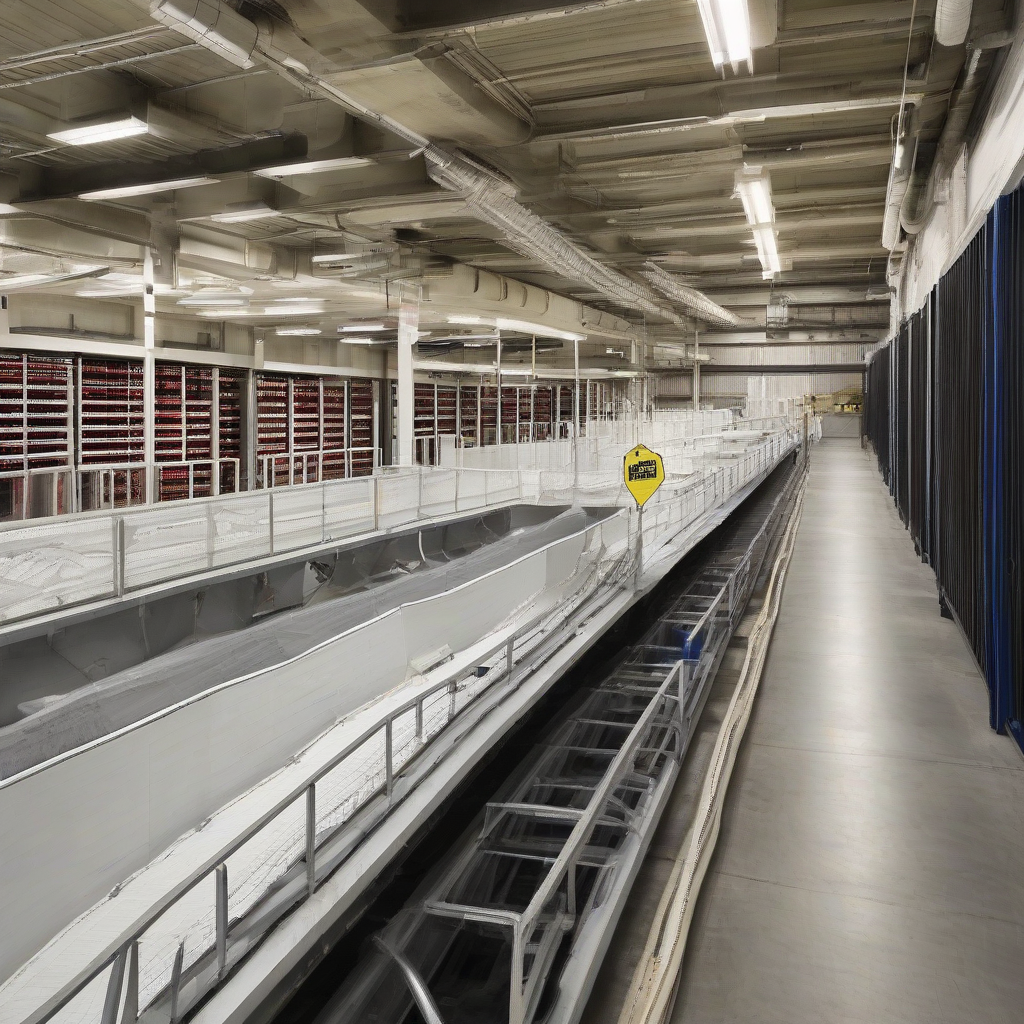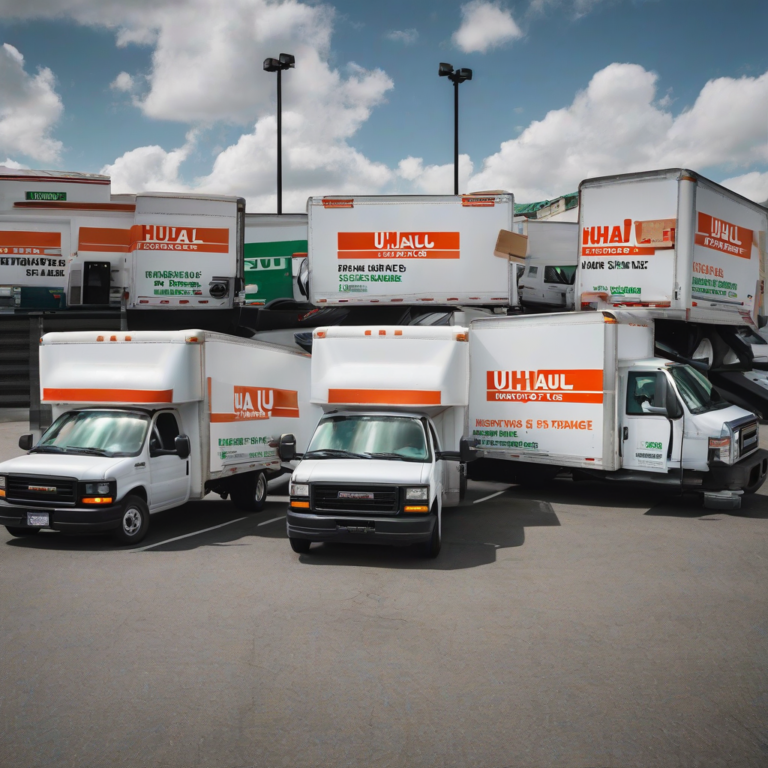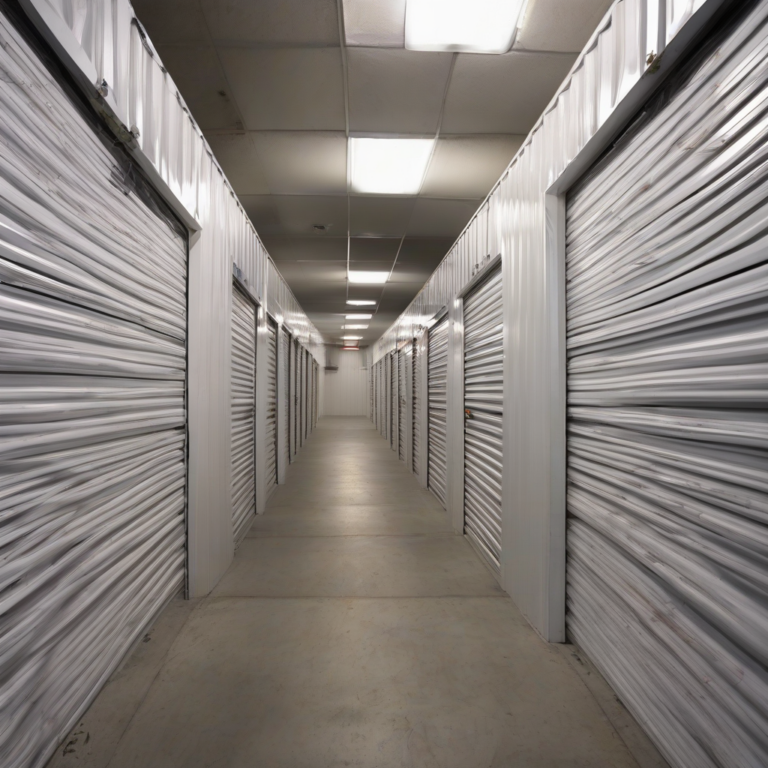
San Jose, California: A Deep Dive into Storage Solutions and Options
San Jose, a thriving hub of technology and innovation in the heart of Silicon Valley, presents unique storage challenges and opportunities. The city’s rapid growth, coupled with the demands of its robust tech sector, necessitates a comprehensive understanding of the various storage solutions available. This exploration delves into the diverse landscape of storage options in San Jose, catering to individual needs, ranging from small businesses to large corporations.
Understanding Your Storage Needs in San Jose
Before diving into the specifics of storage options, it’s crucial to assess your individual requirements. Factors influencing your choice include:
- Type of goods: Are you storing sensitive documents, valuable equipment, inventory, personal belongings, or a combination thereof?
- Volume of goods: Do you need a small storage unit, a large warehouse, or something in between?
- Duration of storage: Is this a short-term or long-term storage need?
- Budget: Storage costs vary significantly based on size, location, and amenities.
- Security requirements: Do you need climate-controlled storage, 24/7 surveillance, or other security measures?
- Accessibility: How frequently will you need to access your stored items?
- Location: Proximity to your business or residence is a key factor, impacting both convenience and transportation costs.
Types of Storage Solutions in San Jose
San Jose offers a wide array of storage solutions, catering to diverse needs and budgets:
1. Self-Storage Facilities
Self-storage facilities are a common and readily available option in San Jose. These facilities offer various unit sizes, from small lockers to large units suitable for businesses. Many offer additional amenities, such as climate control, security systems, and packing supplies.
- Advantages: Convenient access, flexible lease terms, various unit sizes, often competitive pricing.
- Disadvantages: Limited security in some facilities, potential for damage, may require transportation of goods.
2. Warehouse Storage
For businesses with larger storage needs, warehouse storage is a more suitable option. These facilities often provide more space, specialized handling equipment, and enhanced security measures. Warehouse storage can be rented on a short-term or long-term basis.
- Advantages: Large space, specialized handling, enhanced security, potential for value-added services (e.g., inventory management).
- Disadvantages: Higher costs, less convenient access, may require specialized handling equipment.
3. Cloud Storage
In the digital age, cloud storage is increasingly important for businesses and individuals. Cloud storage providers offer secure, scalable, and accessible solutions for storing digital data. This option is particularly relevant for companies with large datasets or those needing remote access to their data.
- Advantages: Accessibility from anywhere, scalability, cost-effective for large datasets, enhanced security features.
- Disadvantages: Reliance on internet connectivity, potential security vulnerabilities if not properly managed, data privacy concerns.
4. Offsite Data Storage
For businesses requiring secure offsite storage of critical data, specialized data centers are available. These facilities offer advanced security measures, disaster recovery capabilities, and environmental controls to protect sensitive information.
- Advantages: High security, disaster recovery capabilities, environmental controls, compliance with industry regulations.
- Disadvantages: High cost, limited access, reliance on specialized providers.
5. Specialized Storage
San Jose also caters to specialized storage needs, such as:
- Wine storage: Climate-controlled facilities for preserving fine wines.
- Art storage: Secure, climate-controlled storage for valuable artwork.
- Record storage: Facilities for storing physical records, often with secure retrieval systems.
Factors to Consider When Choosing a Storage Solution
Choosing the right storage solution requires careful consideration of several factors:
- Cost: Analyze the total cost, including rental fees, insurance, transportation, and any additional services.
- Security: Evaluate the security measures offered by the storage provider, considering access controls, surveillance systems, and insurance options.
- Accessibility: Determine how frequently you need to access your stored items and select a provider with convenient access hours and options.
- Location: Choose a storage facility that is conveniently located to minimize transportation costs and time.
- Reputation: Research the reputation of the storage provider, checking online reviews and ratings.
- Contract terms: Carefully review the terms and conditions of the storage contract before signing.
Finding Storage Solutions in San Jose
Several resources can help you find storage solutions in San Jose:
- Online search engines: Use keywords such as “storage San Jose,” “warehouse storage San Jose,” or “self-storage San Jose” to find local providers.
- Online storage marketplaces: Websites specializing in connecting storage seekers with providers can streamline your search.
- Local business directories: Check local business directories for listings of self-storage facilities and warehouse storage companies.
- Recommendations: Seek recommendations from friends, family, or colleagues who have used storage services in the past.
Conclusion (Omitted as per instructions)





